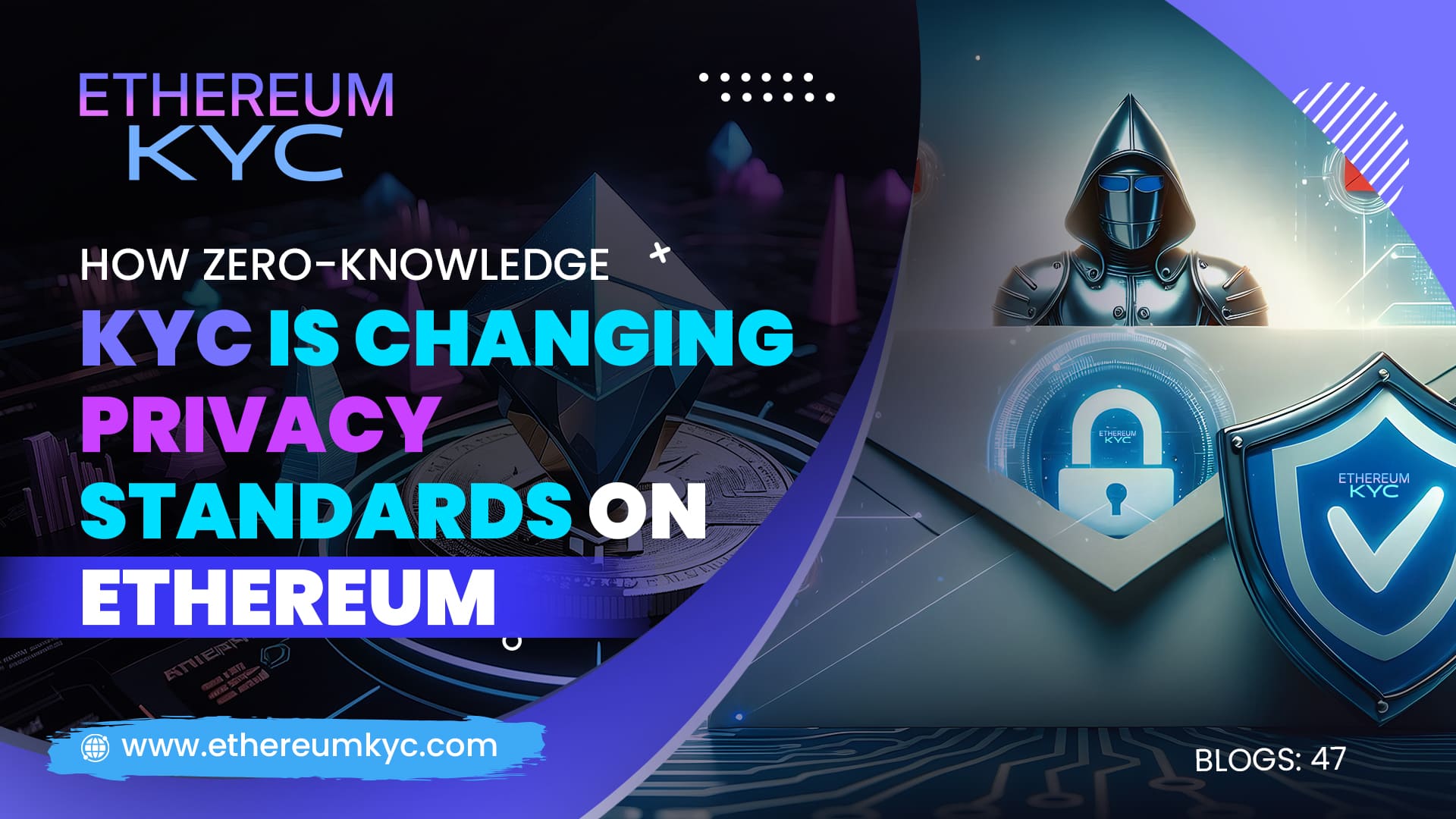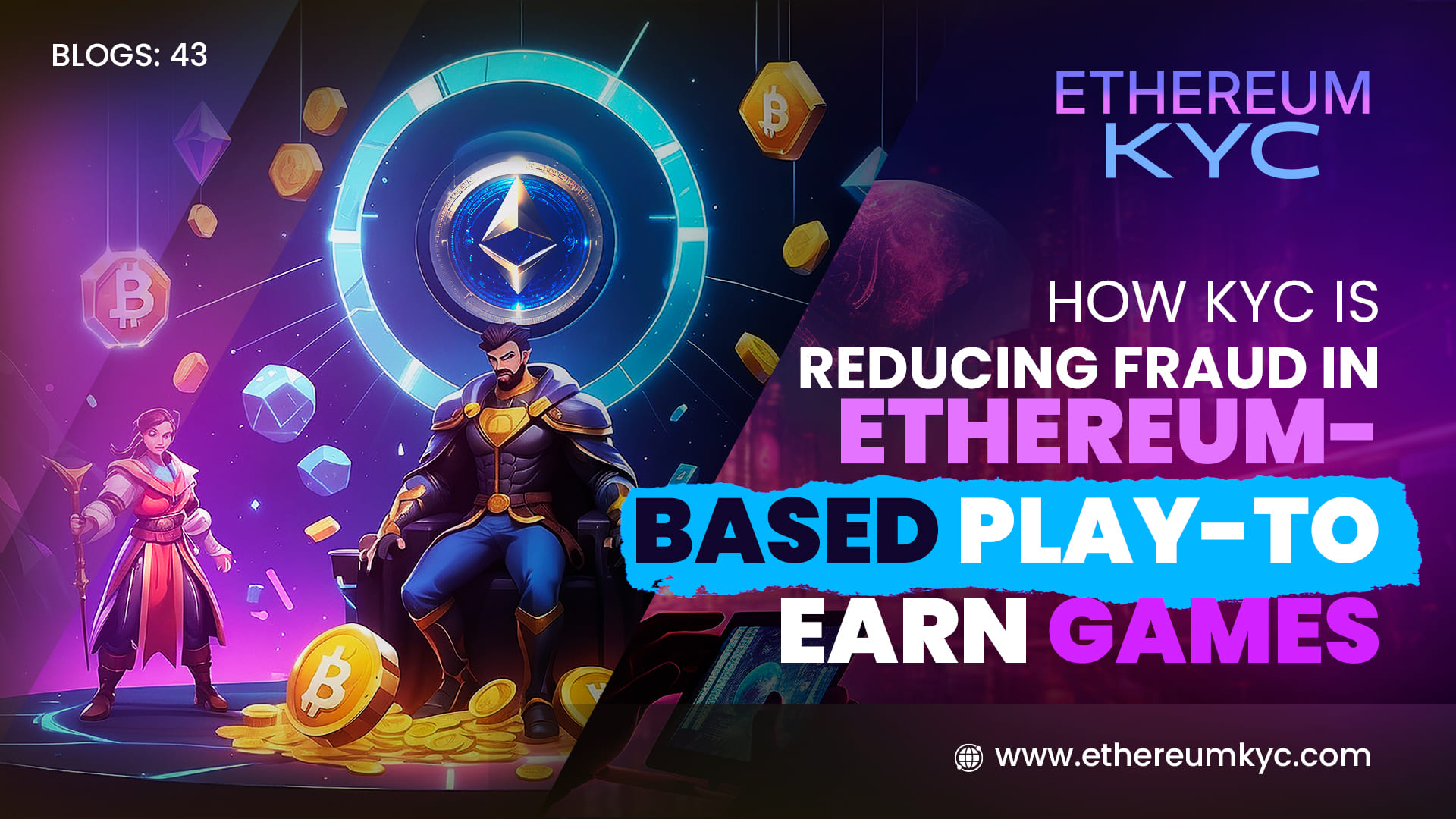June 20, 2025
Why Decentralized Identity (DID) Matters for Ethereum KYC Compliance
As Ethereum continues to evolve into a foundational layer for decentralized finance, digital assets, and tokenized real-world assets, one critical challenge remains: compliance without compromising decentralization. That’s where Decentralized Identity (DID) comes in—a transformative solution that can bridge the gap between user privacy and regulatory compliance in Ethereum-based KYC.
What Is Decentralized Identity?
Decentralized Identity (DID) is a user-centric identity model where individuals control their own identity data. Instead of storing sensitive KYC information with centralized platforms, DID systems allow users to generate verifiable credentials issued by trusted authorities (e.g., a KYC provider, government agency, or financial institution).
These credentials are then stored in users’ wallets or decentralized identity hubs and can be selectively disclosed to smart contracts or dApps on Ethereum.
Why DID Is Important for Ethereum KYC
- User-Controlled Data
DID gives users control over their personal information, minimizing data breaches and surveillance risks. - Regulatory Compliance
Verifiable credentials can confirm that a user has passed KYC without revealing personal data to every app or contract. - Interoperability
Once verified, a user’s identity can be reused across multiple dApps, launchpads, or token sales without redundant onboarding. - On-Chain Trust
Smart contracts can verify credentials without relying on centralized servers or databases.
How DID Enhances Ethereum KYC Compliance
- Privacy-Preserving KYC
DID allows projects to comply with Anti-Money Laundering (AML) and Know Your Customer (KYC) requirements while still respecting user privacy. - Smart Contract Enforcement
DID credentials can be tied to wallet access, allowing smart contracts to restrict token sales, DAO participation, or staking features to verified users. - Auditability Without Exposure
Regulators can audit the issuance and use of KYC credentials without accessing full user identities.
Key Tools and Standards
- Ethereum Name Service (ENS)
- Verifiable Credentials (VCs) by W3C
- Polygon ID and SpruceID
- EIP-7217: Verifiable credentials framework for Ethereum
The Future of KYC on Ethereum
As more jurisdictions enforce stricter crypto regulations, Ethereum projects that adopt DID will be better positioned to scale globally. Whether launching tokens, running a DAO, or building DeFi platforms, integrating DID-based KYC will be a must for long-term sustainability.
Conclusion
Decentralized Identity (DID) is not just a privacy upgrade—it’s a necessary evolution in how Ethereum handles KYC. By giving users control over their data and enabling seamless, compliant access to dApps, DID lays the groundwork for a more trustworthy and scalable Ethereum ecosystem.





